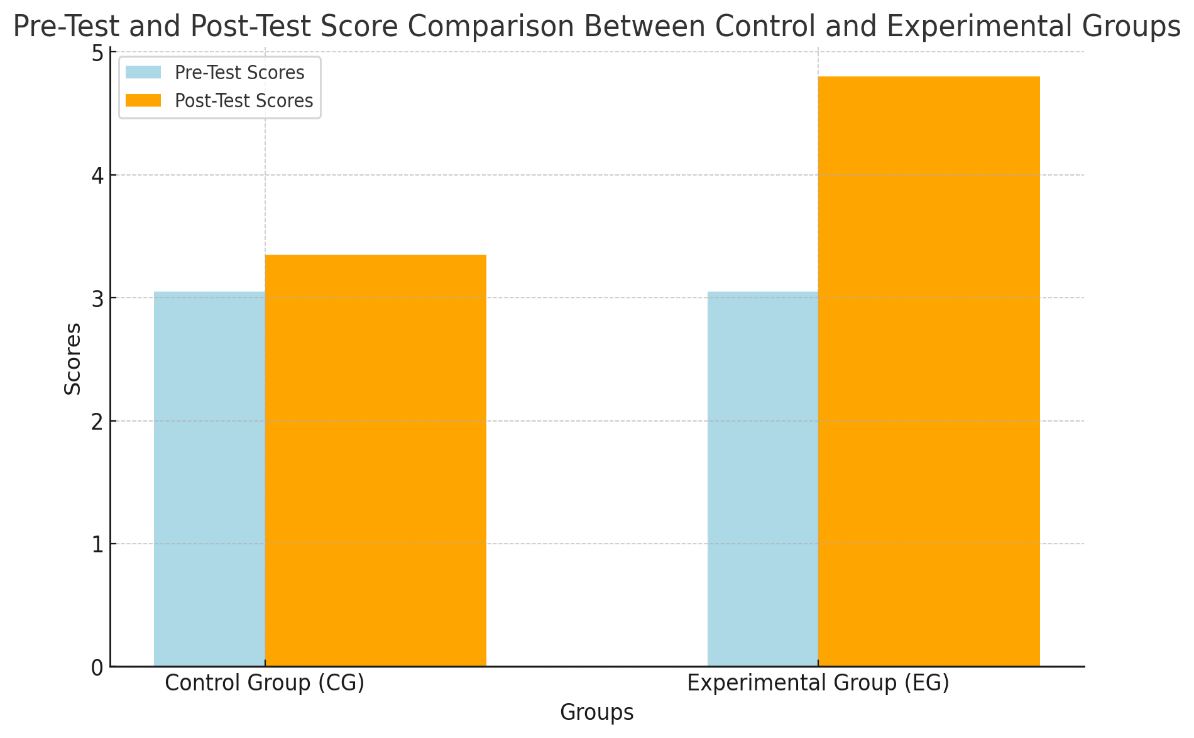Enhancing Students’ Learning Outcomes Using Gamification
Keywords:
Gamification, Student Engagement, Educational Technology, Mathematics Education, Learning MotivationAbstract
Gamification has emerged as a promising strategy to improve student engagement, motivation, and academic performance. This study investigates the impact of gamification on second-grade mathematics learning by comparing traditional teaching methods with a gamified approach using the Matific.com platform. Employing a quasi-experimental design, the study involved 40 students divided into control and experimental groups, with data collected through pre- and post-tests and motivation surveys. Statistical analysis revealed that students exposed to gamified learning demonstrated significantly higher academic performance and motivation levels compared to those taught through conventional methods. The results indicate that gamification not only enhances cognitive outcomes but also fosters emotional engagement, suggesting its potential as a scalable and effective tool in early-grade education. This research contributes practical insights for educators and policymakers seeking to integrate innovative methods into traditional classrooms, especially within underperforming education systems like Pakistan’s.
References
S. M. Bhutta et al, “Nationwide study reveals limited learning in math and science,” Aga Khan Univ., 2021, [Online]. Available: https://www.aku.edu/news/Pages/News_Details.aspx?nid=NEWS-002679
UNICEF Pakistan, “Education in Pakistan,” UNICEF, 2023, [Online]. Available: https://www.unicef.org/pakistan/education
F. Faiella and M. Ricciardi, “Gamification and learning: A review of issues and research,” J. e-Learning Knowl. Soc., vol. 11, no. 3, pp. 13–21, 2015, [Online]. Available: https://www.je-lks.org/ojs/index.php/Je-LKS_EN/article/view/1072
Á. A. Paula López, Jefferson Rodrigues-Silva, “Brazilian and Spanish Mathematics Teachers’ Predispositions towards Gamification in STEAM Education,” Educ. Sci, vol. 11, no. 10, p. 618, 2021, doi: https://doi.org/10.3390/educsci11100618.
R. B. & F. N. Amina Khaldi, “Gamification of e-learning in higher education: a systematic literature review,” Smart Learn. Environ., vol. 10, no. 10, 2023, doi: https://doi.org/10.1186/s40561-023-00227-z.
M. Mohammadi Z. Khoshneshin N. Mohammadhasani, “Gamification with leaderboard: Effect of educational tools based on competition and cooperation in learning and approach motivation of math lesson,” J. Technol. Educ., pp. 237–248, 2022, doi: https://doi.org/10.22061/tej.2021.7996.2606.
S. Ede, “Gamification and motivation,” Issues Trends Learn. Technol., vol. 10, no. 1, pp. 23–32, 2022.
UNICEF, “Programme Education,” 2023, [Online]. Available: https://www.unicef.org/pakistan/education#:~:text=An estimated 22.8 million children,population in this age group
and J. V. M. Turtinen, A. Smedlund, T. Kärkkäinen, “Challenges and opportunities for e-learning in the context of COVID-19 pandemic,” J. Educ. Technol. Dev. Exch., vol. 3, no. 1, pp. 1–15, 2020, doi: 10.1186/s42895-020-00014-9.
and E. N. R. Syafitri, Z. Putra, “Fifth Grade Students’ Logical Thinking in Mathematics,” J. Teach. Learn. Elem. Educ., vol. 3, pp. 157–167, 2020, doi: 10.33578/jtlee.v3i2.7840.
M. D. R.-T. Francisco Antonio Nieto-Escamez, “Gamification as Online Teaching Strategy During COVID-19: A Mini-Review,” Front. Psychol., vol. 12, 2021, doi: https://doi.org/10.3389/fpsyg.2021.648552.
R. and S. V Y A Prastika, “Mathematical reasoning ability of junior high school viewed from logical mathematical intelligence,” J. Phys. Conf. Ser., vol. 1918, p. 042067, 2021, doi: 10.1088/1742-6596/1918/4/042067.
Z. Y. Haojie Sun, Yanyun Meng, “A Review of Mathematical Logical Reasoning Literacy in China,” Asian J. Educ. Soc. Stud., vol. 31, no. 1, pp. 18–30, 2022, doi: 10.9734/ajess/2022/v31i130737.
F. Y. Huang Mingjing, “The Cultivation of Students’ Logical Thinking in Chinese Primary School Mathematics Education,” IJECA (International J. Educ. Curric. Appl., vol. 5, no. 2, 2022, [Online]. Available: http://journal.ummat.ac.id/index.php/IJECA/article/view/10204
Marta Pellegrini, Cynthia Lake, Robert E. Slavin, “Effective Programs in Elementary Mathematics: A Meta-Analysis,” Sage Journals, 2021, doi: https://doi.org/10.1177/2332858420986.
H. H. P. Hidayati Rahmah, “The Influence of Teacher’s Teaching Style on Students’ Mathematics Learning Outcomes,” J. Math Tadris, vol. 3, no. 1, 2023, doi: https://doi.org/10.55099/jmt.v3i1.65.
Jitu Halomoan Lumbantoruan, “Evaluation of Students’ Difficulties in Learning Mathematics in Complex Variable Material,” J. Educ. Res. Eval., vol. 7, no. 3, 2023, doi: https://doi.org/10.23887/jere.v7i3.60532.
and Z. Z. Y. Cheng, M. Lyu, “The Reality of Complex Numbers,” Highlights Sci. Eng. Technol., vol. 38, 2023, doi: 10.54097/hset.v38i.5778.
S. A. Khaskheli and M. S. Vighio, “Gamification: A Case Study for Evaluating the Performance of Employees,” Sindh Univ. Res. J. (Science Ser., vol. 51, no. 1, pp. 87–90, 2019, doi: 10.26692/sujo/2019.01.16.
K. Bovermann, J. Weidlich, and T. Bastiaens, “Online learning readiness and attitudes towards gaming in gamified online learning – a mixed methods case study,” Int. J. Educ. Technol. High. Educ., vol. 15, no. 1, Dec. 2018, doi: 10.1186/S41239-018-0107-0.

Downloads
Published
How to Cite
Issue
Section
License
Copyright (c) 2025 50sea

This work is licensed under a Creative Commons Attribution 4.0 International License.




















